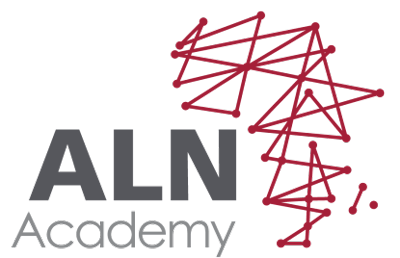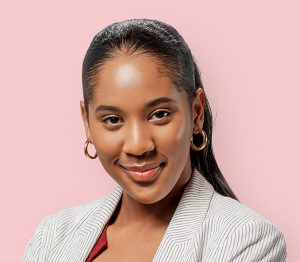Highlights on Renewable Energy and Energy Efficiency in Africa


We have put together highlights, as part of our conversation on the ALN Academy talks on Renewable Energy, Green Economy and Sustainable Development in Africa, on renewable energy and particularly on the support that the French government is providing to Africa to promote green energy and energy efficiency, the role that French financiers and developers play in the development of the renewable energy sector in Africa and on the lessons that are to be learnt by African governments and policymakers based on the policies and strategies that have been developed by several European countries to promote renewable energy.

French government support for renewable energy projects in Africa
The French government has been providing support to Africa to promote green energy and energy efficiency and French financiers and developers have been playing different roles in the development of the renewable energy sector in Africa. France has been a historic partner in supporting countries across Africa in Renewable Energy. The French development agency, AFD has notably supported Kenya to build a more sustainable energy sector. With over 1 billion EUR of completed and ongoing financings. In March 2022, Propaco in collaboration with the Bank of Palestine the Cairo-Amman Bank, and the European Union launched the second phase of the green finance program, Sunref Palestine. This initiative is aimed at helping local banks catalyse a new market by increasing loans to green energy projects.
Outside of Kenya, the “Just Energy Transition Partnership” between South Africa, France, Germany, the United Kingdom, and the United States of America is worth noting. Along with the Union, on the 8,5 billion USD, France committed around 1 bn USD. During the last AU-EU summit, there was an ambition to extend this approach to other African countries including Kenya for public funding to private sectors. Some of the key support from Proparco, a Development Finance Institution partly owned by the French Development Agency and private shareholders from the developed countries and developing nations are to promote private investment in Africa, Asia, Latin America, and the Middle East to reach the Sustainable Development Goals and to finance the Lake Turkana Wind Power Project. French companies have also been strong players in the electricity system with several recent investments in new projects and locally grown initiatives.
The situation of the electricity system is very different in Europe compared to African countries.

The transition to renewable energy in Africa
As platforms to trade carbon or REDD credits continue to grow and develop in the West, Africa has opportunities to participate in it and earn revenues. Carbon or REDD credits are a promising source of funding for renewable energy projects (and other green projects). With the ongoing and projected increase of the price of the credits and a stronger/easier certification process, the financing potential can increase. There is currently a market for credits, the price (less than 5 USD/ton)
Based on the policies and strategies that have been developed by several European countries to promote renewable energy, African governments and policymakers have learnt several lessons. For example, some countries like Germany and Spain have faced challenges with the implementation of their renewable energy program whether about increased energy prices, level and sustainability of subsidies or planning. Further, many African countries grapple with setting policies for the procurement of energy projects.
The recent and ongoing debate about the renegotiations of the Power Purchasing agreement has shown that just adding renewable energy generation to the grid is not enough for a sustainable energy transition. There is public or private investment in Kenya and Africa, but network reinforcement and storage are the important solutions. Today, electricity is less than 5 % of the total energy available. The electrification of other energy uses (e-mobility) and the transition to cleaner fuels (for clean cooking) are two examples of solutions. It is linked to policy and regulations, and they are also business opportunities. The situation of the electricity system is very different in Europe compared to African countries. The main difference would be the existence of a Power market in Europe.
The ALN Academy is committed to the promotion of rule of law, governance and sustainability in Africa.
This discussion took place as part of the ALN Academy Talks, an academic talk show to promote conversations on rule of law, governance and sustainability across Africa.
Interviewee: Mathieu Ecoiffier, Regional Counsellor for Sustainable Development East Africa and the Indian Ocean, from the French Treasury and Lead of the Club EnR Ville Durable
Interviewers
Amyn Musa, Partner at ALN Kenya | Anjarwalla & Khanna and Head of the Projects and Infrastructure Department of the firm,
Angelica Gutierrez Galvis, Head of the ALN Academy
If you have any questions, do not hesitate to reach out to us at info@alnacademy.org.

